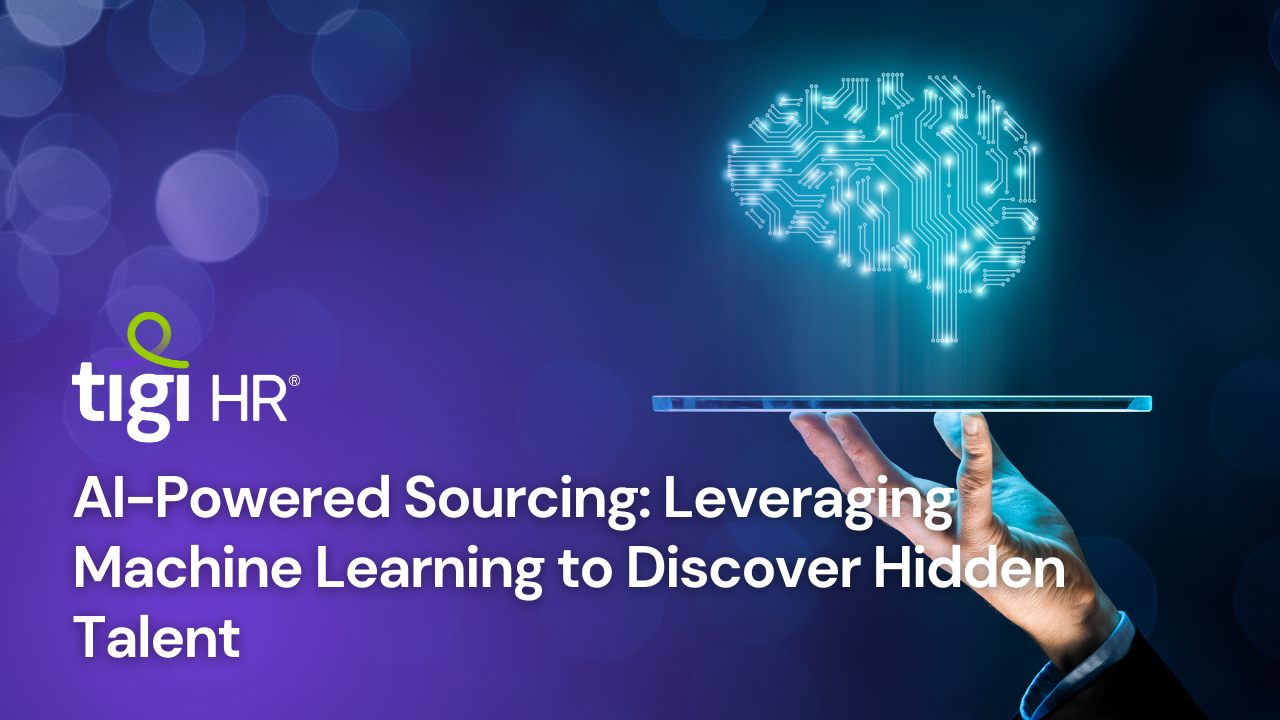In today’s fast-paced and highly competitive job market, finding the right talent is no longer just about posting job openings and waiting for applications to flood in. Instead, organizations are turning to cutting-edge technologies like Artificial Intelligence (AI) and Machine Learning (ML) to revolutionize their talent sourcing strategies. AI-powered sourcing is the new frontier, enabling companies to unearth hidden talent, streamline recruitment processes, and gain a competitive edge. In this article, we’ll explore the transformative power of AI in talent acquisition, backed by authentic statistics and insights.
The Evolution of Talent Sourcing
Traditionally, talent sourcing was a labor-intensive and often hit-or-miss process. Recruiters would post job listings on various platforms, sift through numerous resumes, and manually shortlist candidates. This approach was time-consuming and prone to biases, as well as the risk of missing out on exceptional candidates who might not fit the conventional mold.
Enter AI-powered sourcing, which has fundamentally reshaped the landscape. By leveraging machine learning algorithms and data analytics, organizations can identify and engage with potential candidates more efficiently and effectively than ever before.
The Benefits of AI-Powered Sourcing
- Efficiency: AI can process vast amounts of data in seconds, making it possible to scan through thousands of resumes and profiles in mere minutes. This efficiency allows recruiters to focus their time and energy on more strategic aspects of recruitment.
- Reduced Bias: AI-driven systems are designed to be objective, reducing the impact of unconscious biases that can creep into human decision-making. This leads to fairer and more diverse hiring processes.
- Scalability: Whether you’re a small startup or a global corporation, AI-powered sourcing scales effortlessly. It can handle the demands of high-volume recruitment while maintaining consistency in candidate evaluation.
- Predictive Analytics: AI can analyze historical data to predict which candidates are more likely to succeed in specific roles, improving the quality of hires and reducing turnover.
Statistics:
- According to LinkedIn’s Global Talent Trends Report, 76% of talent professionals believe AI will have a significant impact on recruiting.
- A study by Deloitte found that organizations using AI in their recruitment process reduced the time to fill positions by 68%.
AI in Candidate Sourcing
- Resume Parsing: AI can extract relevant information from resumes and profiles, such as skills, qualifications, and work history. This allows recruiters to quickly identify candidates who meet the job requirements.
- Keyword Matching: Machine learning algorithms can match job descriptions with resumes, ensuring that candidates with the right skills and experience are identified, even if they use different terminology.
- Sourcing Passive Candidates: AI can scan online platforms, social media, and professional networks to identify passive candidates who may not be actively job hunting but could be open to new opportunities.
Statistics:
- According to a survey by Jobvite, 73% of recruiters have successfully hired a candidate through social media.
- A LinkedIn report states that 85% of all jobs are filled through networking, which AI can facilitate.
Candidate Engagement and Experience
- Personalized Communication: AI-powered chatbots and email automation can engage candidates with personalized messages, keeping them informed about the hiring process and maintaining a positive candidate experience.
- Interview Scheduling: AI can simplify the interview scheduling process by analyzing the availability of both candidates and interviewers and suggesting optimal time slots.
Statistics:
- In a survey by Montage, 82% of candidates reported a positive overall impression of a company when AI was used in their interview process.
- According to Talent Board’s North American Candidate Experience Research Report, 47% of candidates who had a positive experience in the hiring process shared that experience on social media, enhancing the company’s employer brand.
AI in Diversity and Inclusion
- Blind Screening: AI can anonymize candidate information, including names and photos, during the initial screening process to reduce biases related to gender, ethnicity, or age.
- Diverse Talent Pools: AI can help identify and engage with candidates from diverse backgrounds, promoting a more inclusive workforce.
Statistics:
- A Harvard Business Review study found that AI-driven recruitment tools helped companies increase the number of female hires by 15%.
- McKinsey’s “Diversity Matters” report revealed that companies in the top quartile for ethnic diversity are 35% more likely to outperform their peers in profitability.
Challenges and Considerations
While AI-powered sourcing offers numerous advantages, it’s not without challenges. Ensuring data privacy, maintaining ethical AI practices, and avoiding algorithmic bias are crucial considerations. Additionally, organizations must provide adequate training and support for their recruiters to effectively use AI tools.
Conclusion
AI-powered sourcing is transforming the way organizations discover and engage with talent. From streamlining the recruitment process and reducing bias to improving candidate engagement and promoting diversity and inclusion, AI is reshaping every aspect of talent acquisition. As AI continues to evolve, organizations that embrace this technology will have a distinct advantage in finding the right talent to drive their success in an increasingly competitive job market. It’s not just a technological advancement; it’s a strategic imperative for the future of recruitment.
Also check: Pioneering Career | Upskilling the workforce





